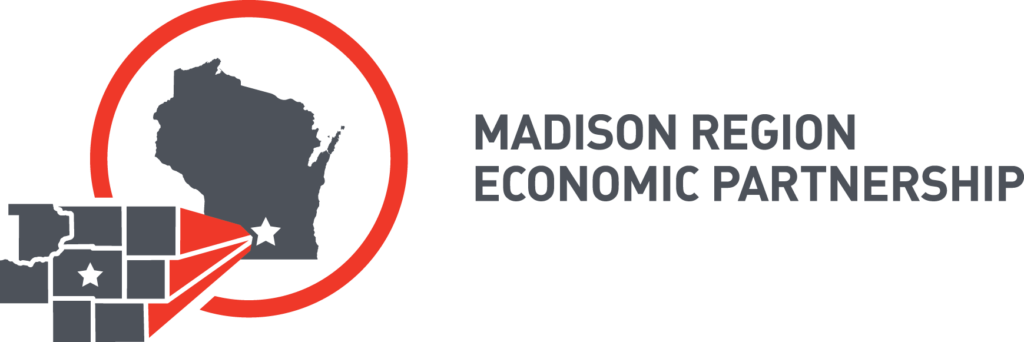Excerpted from Wisconsin State Journal
by Judy Newman
The Coca-Cola Co. has chosen Virent Inc., a Madison company working on renewable fuels, as one of three companies to help the soft drink giant provide plastic bottles made entirely from plants, not petroleum.
Coca-Cola and Virent have signed a “multi-year, multi-million dollar” agreement that Virent officials will only say is “very sizable.” No dollar figures are being disclosed.
“This is a great day for Virent. It shows that we can get our technology in front of these ‘tier one’ type of companies. They understand what we’re doing and they want to work with us,” said Randy Cortright, chief technology officer and Virent co-founder.
